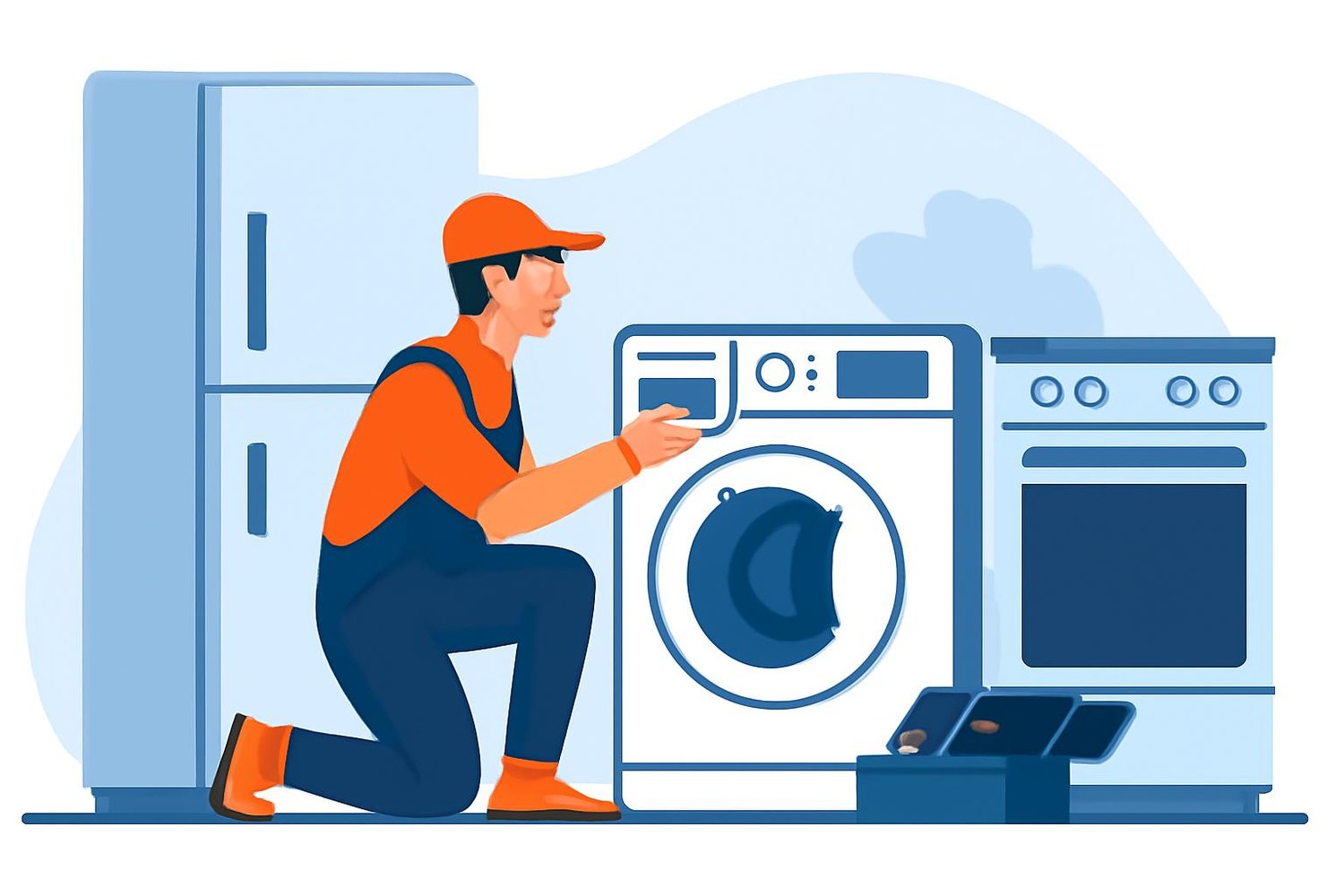
The Environmental and Economic Sense of Appliance Repair
In a world increasingly concerned with sustainability and conscious consumption, the decision to repair a broken appliance instead of replacing it carries significant weight. The prevailing culture often encourages disposal and replacement, but this linear model of "take, make, dispose" has profound environmental consequences and is often not the most economical choice for the consumer. Choosing repair over replacement is a powerful act that supports a circular economy, reduces waste, and conserves precious resources. It is a decision that benefits not only your wallet but also the planet, aligning personal finance with ecological responsibility.
The environmental argument for repair begins with the staggering amount of waste generated by discarded appliances. Known as "white goods," these large items fill up landfills at an alarming rate. They often contain hazardous materials, such as refrigerants, oils, and heavy metals, which can leach into soil and groundwater if not disposed of properly. Furthermore, the manufacturing process for a new appliance is incredibly resource-intensive. It requires vast amounts of raw materials, including metals, plastics, and glass, and consumes enormous quantities of energy and water throughout production and transportation. By repairing an appliance, you are directly preventing this waste and avoiding the substantial carbon footprint associated with manufacturing and shipping a brand-new unit.
From a purely economic perspective, repair is almost always the less expensive option in the short term. The cost of a new high-quality refrigerator, dishwasher, or washing machine can easily run into thousands of dollars, not including delivery, installation, and haul-away fees for the old unit. A professional repair, even for a relatively complex issue, typically costs a fraction of that price. This cost-benefit analysis becomes even more compelling when applied to high-end appliances. A $150 repair on a $2,000 premium oven is a sound investment that extends its service life for several more years, whereas replacement would represent a major financial outlay.
Of course, there are times when replacement is the more sensible path, such as when an appliance is very old, the repair cost is prohibitive, or the new model offers drastic energy savings that would offset its cost over time. However, for the majority of mid-life breakdowns, repair is the superior choice. To make an informed decision, it's crucial to get an accurate assessment from a technician you trust. For residents looking to make a sustainable choice, consulting a professional for appliance repair Sherwood Park provides a clear picture of the viability and cost of a repair, allowing for a direct comparison with the price and environmental impact of a new appliance.
Ultimately, the choice to repair is a vote for a more sustainable and thoughtful way of living. It challenges the throwaway culture and supports local skilled tradespeople, keeping valuable expertise and jobs within the community. Each successful repair represents less waste in a landfill, fewer resources extracted from the earth, and a reduction in greenhouse gas emissions. By valuing repair, we choose to extend the life of the products we already own, making a conscious decision that is kinder to our environment and our finances. It is a simple yet powerful way to contribute to a healthier planet.
